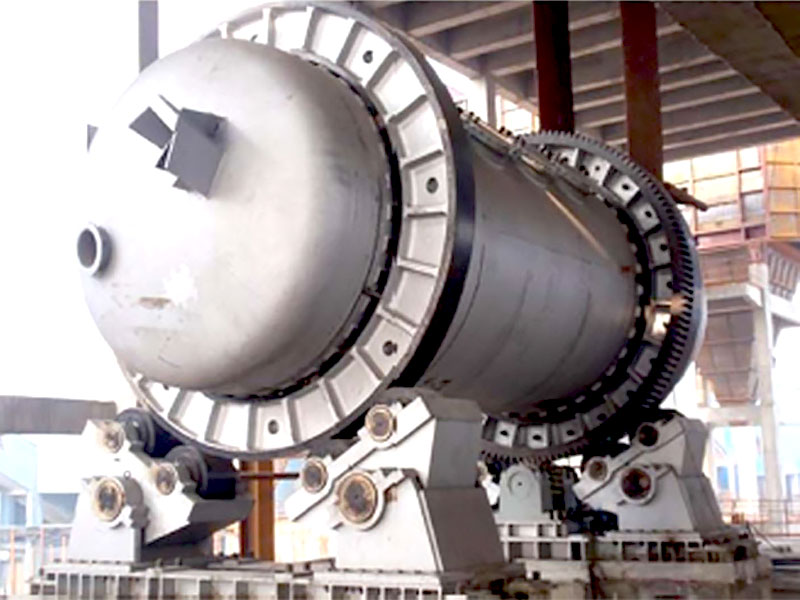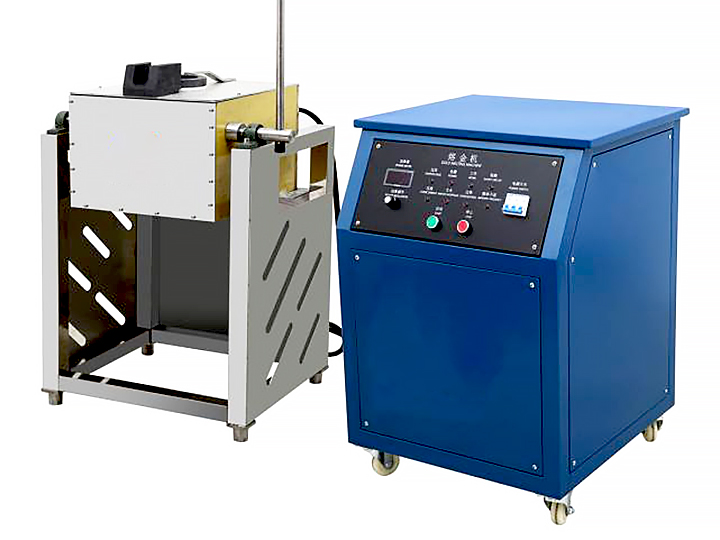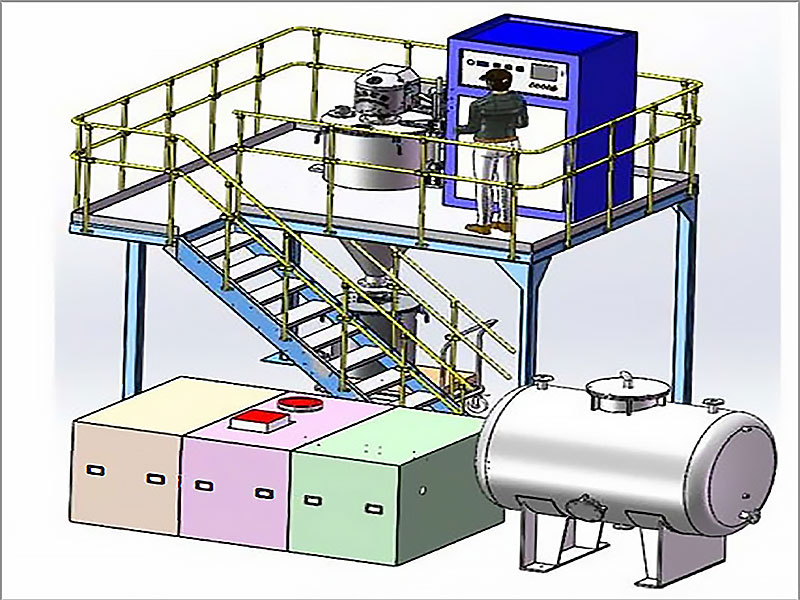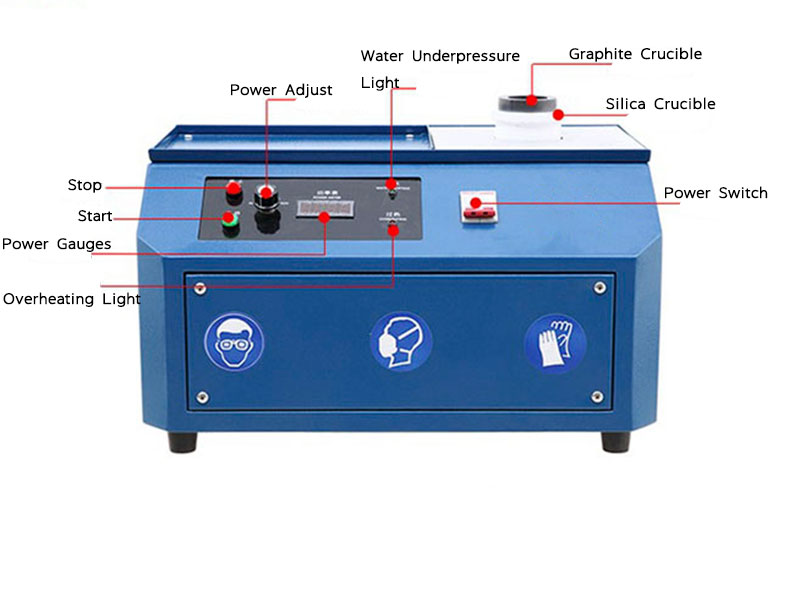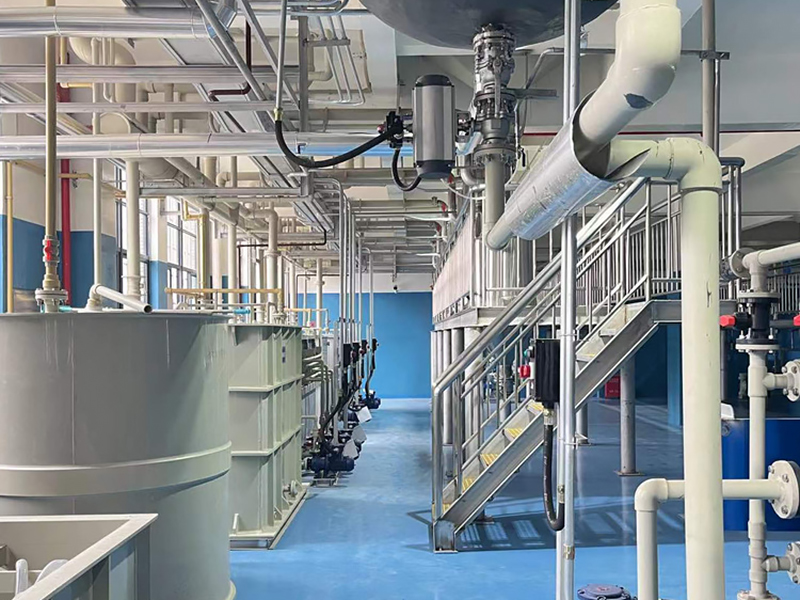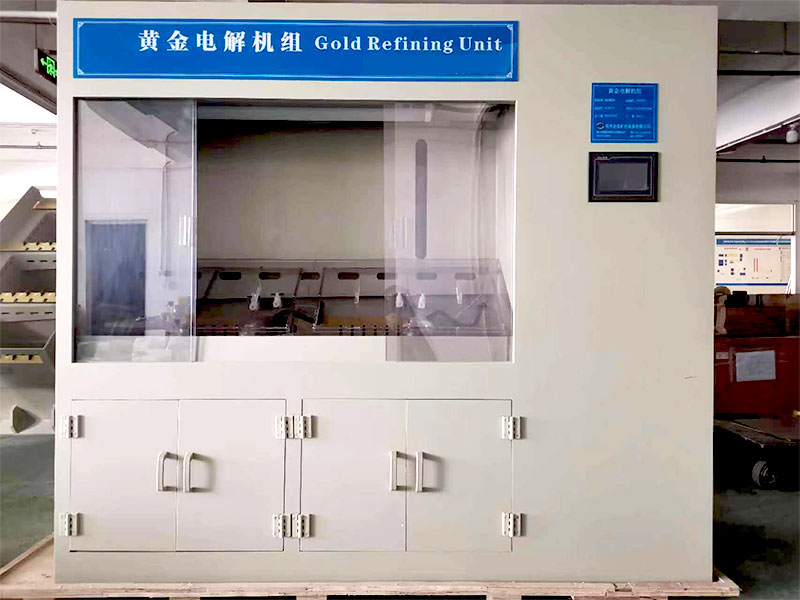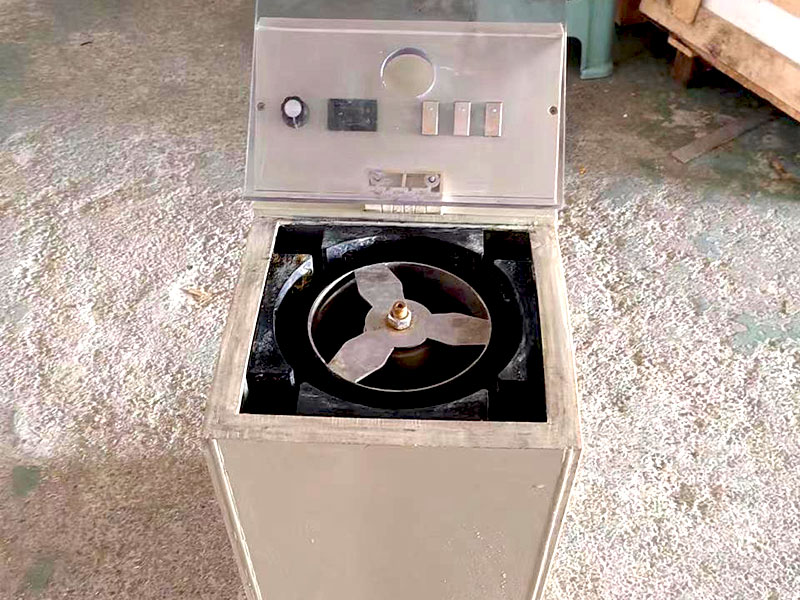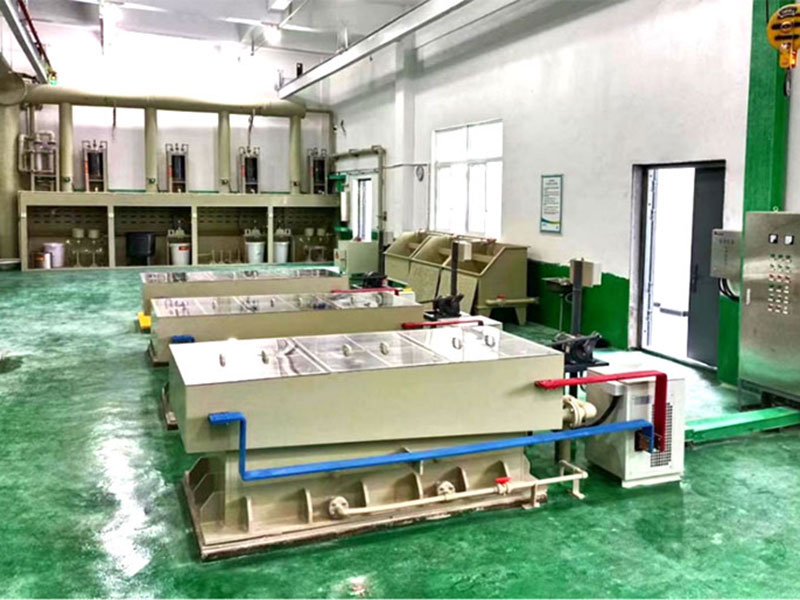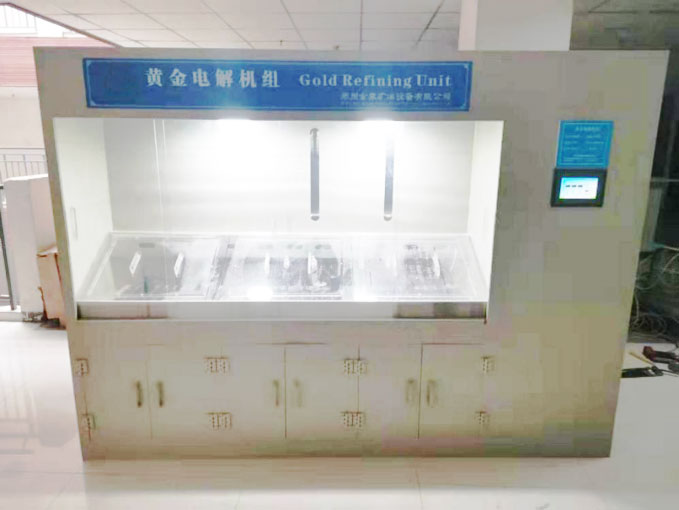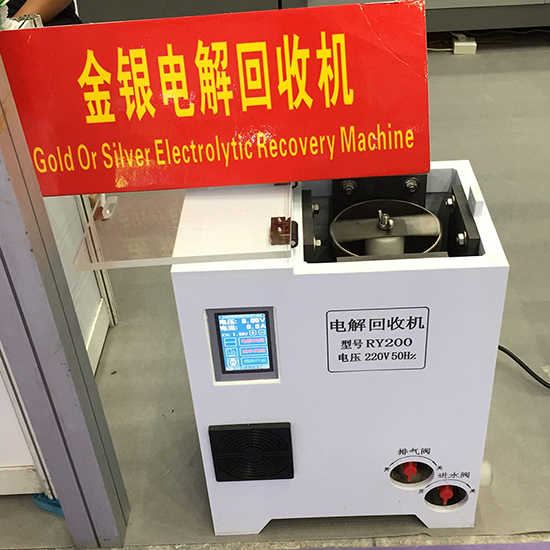Environmental Impact Of Refining Gold
Environmental Impact of Refining Gold
The Role of Chemicals in Gold Refining Processes
Gold refining is an essential process for purifying raw gold ore into the high-purity gold used in jewelry, electronics, and other applications. However, the environmental impact of refining gold is significant, largely due to the chemicals involved. Traditional gold refining methods often rely on cyanide leaching, a process that uses sodium cyanide to extract gold from its ore. While effective, this method poses serious risks to both human health and the environment if not managed properly. FRT Machinery, a leader in the manufacturing of gold refining equipment, has been working on developing more sustainable alternatives.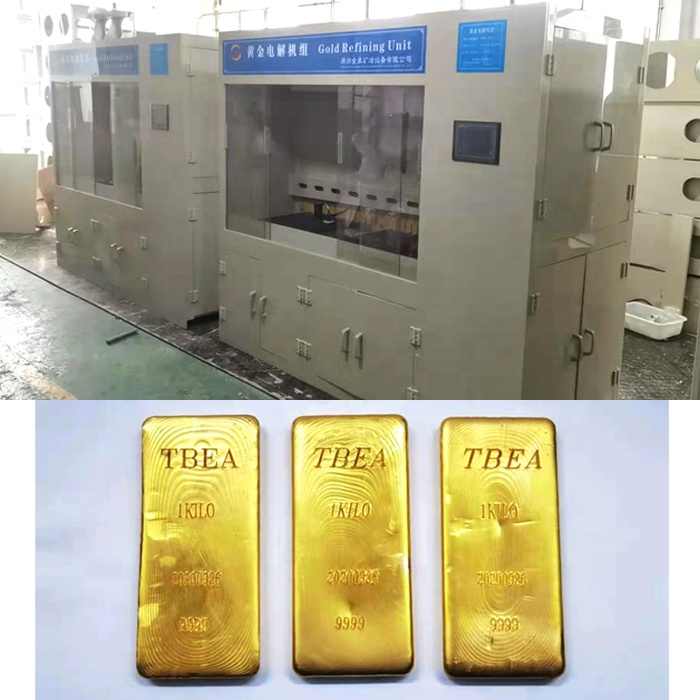
Water Contamination: A Major Concern in Gold Refining
Water contamination is one of the most pressing issues associated with gold refining. When cyanide and other chemicals used in the refining process leak into water sources, they can have devastating effects on aquatic ecosystems. Fish and other wildlife can be killed directly by these toxins, and the long-term accumulation of such pollutants can lead to bioaccumulation, affecting the food chain up to humans. FRT Machinery emphasizes the importance of implementing robust filtration systems and wastewater treatment technologies to mitigate these risks.
Air Pollution Linked to Gold Refining Activities

Air pollution is another critical aspect of the environmental impact of refining gold. During the smelting process, toxic gases like sulfur dioxide and mercury vapor can be released into the atmosphere. These emissions contribute to acid rain and global warming, posing threats to public health and the environment. To address this issue, FRT Machinery advocates for the adoption of cleaner energy sources and advanced air purification techniques in their refining processes.
Land Degradation Caused by Gold Mining and Refining

Land degradation is a direct consequence of gold mining and refining activities. Large areas of land are stripped of vegetation and topsoil, leading to soil erosion and loss of biodiversity. Moreover, the disposal of waste materials, including tailings and slag, can lead to further contamination of the surrounding land. FRT Machinery recommends implementing reforestation projects and using safer waste management practices to restore degraded lands and protect local ecosystems.
Innovations in Sustainable Gold Refining Technologies
Recognizing the urgent need for more sustainable approaches, FRT Machinery is pioneering innovative technologies designed to reduce the environmental footprint of gold refining. These include the development of non-toxic leaching agents, closed-loop recycling systems, and energy-efficient processing methods. By adopting these technologies, the industry can significantly lower its impact on the environment while maintaining the economic benefits of gold production.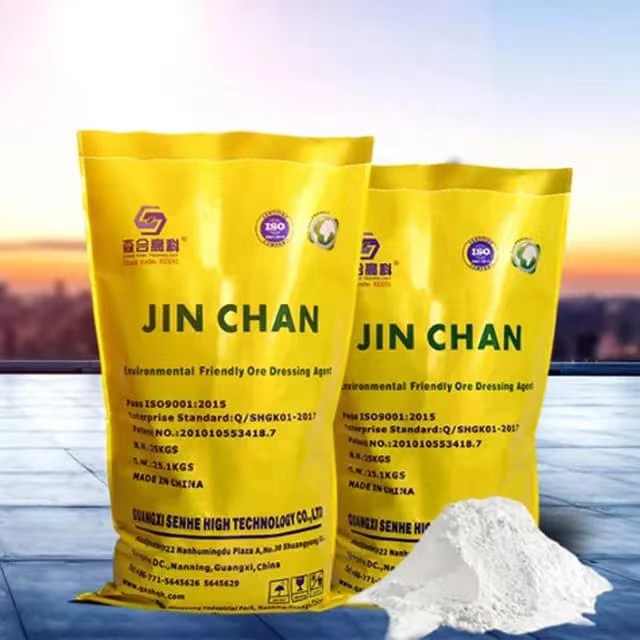
Best Practices for Minimizing the Environmental Impact
To minimize the environmental impact of refining gold, it’s crucial to adopt best practices across all stages of the process. This includes rigorous environmental assessments, continuous monitoring of emissions and discharges, and strict adherence to regulatory standards. FRT Machinery also stresses the importance of community engagement and transparency, ensuring that local populations are informed and involved in the decision-making process regarding gold refining operations.
Conclusion: A Call for Responsible Refining
The environmental impact of refining gold is a complex issue that requires a multifaceted approach. By focusing on innovation, sustainability, and responsible practices, FRT Machinery aims to lead the way towards a greener future for the gold refining industry. It’s only through collective effort and commitment that we can ensure the preservation of our planet for generations to come.

